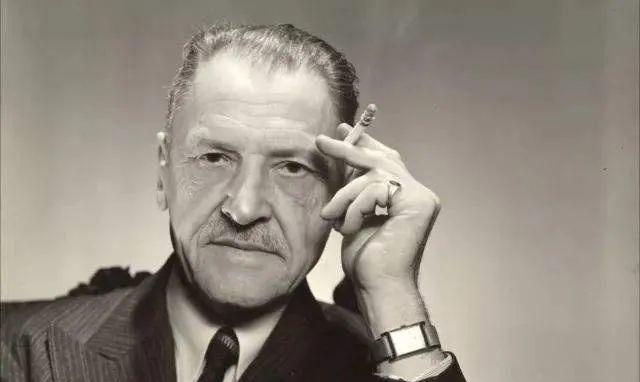Follow the grass and read more classic poems

If a smart reader learns the skill of skipping reading, he will always have the greatest pleasure in reading.
A wise person does not regard reading fiction as a task, but as a pastime. He will be interested in the characters in the story, will care about their actions in specific situations, and will be curious about their next experiences.
He sympathized with their sufferings; he rejoiced in their joy. He places himself in the situation facing the characters, and even lives with them in the story.
The characters' outlook on life, the attitude of human beings to think about such great subjects, whether presented in words or actions, will arouse a hint of surprise, joy, or anger in the reader's heart.
The reader knows what his instincts are interested in, so he follows his instincts to read, like a hound chasing the breath of a fox. Sometimes, because the author mishandled it, the reader gets lost, so he begins to struggle until he finds the content he is interested in again, and then jumps again.
Everyone skips reading, but it's not easy to jump without compromising the reading experience. As far as I know, skipping reading, if not a talent, is probably acquired through the accumulation of experience.
Dr. Johnson is very good at skipping big, Boswell said: "Johnson has a unique talent to be able to read a book from beginning to end without effort, capturing the essence. ”
Of course, Boswell should be referring here to informational or enlightening books. If a novel is laborious to read, then don't read it at all.
Unfortunately, for some reason I'm going to talk about here, there are very few novels that people read from start to finish with interest all the time. While skipping reading may be a bad habit, it is a skill that readers have to learn. Once the reader starts reading, he finds it difficult to stop and may miss many things that might have helped him to read.
In my opinion, whether it can be deleted depends on what kind of masterpiece it is. For example, the plot twists and turns of "Pride and Prejudice" can not delete a word in my mind, and the same can not be deleted is the compact "Madame Bovary".
The wise critic Semperley once wrote: "Very few works of fiction can stand up to refinement and condensation, not even Dickens's." "The deletion itself should not be rebuked. Many plays are more or less drastically cut in rehearsals to achieve the best dramatic effect.
Coleridge thought that don Quixote was enough to read through it once, and if you want to read it again, just flip through it. He was probably referring to parts of the book that were tedious and even ridiculous, so when you realize it, you feel like you don't have to waste time rereading it again.
Don Quixote is a great and important work, and a self-proclaimed literary researcher certainly has to read through it, but I have to take into account that ordinary readers who are looking for pleasure in reading will not feel that the book is missing even if they do not read the boring parts. If all he had read was the adventures and dialogues of the generous knight and his faithful servant in the book, he would have been delighted to read such an interesting and moving part of it.
In fact, a Spanish publisher published a separate edition of don Quixote's wonderful book. The reading experience for this version is very good.
I think most people will admit that Marcel Proust's Remembrance of a Time Like Water is the greatest novel of the twentieth century. Proust's avid admirers, including me, would read the work word for word with interest.
I have exaggerated that I would rather be bored to death by Proust's work than have fun reading in the works of other writers. But after reading his work three times, I began to admit that some parts of his work were not of high reading value.
I suspect that in the future people may lose interest in Proust's intermittent contemplative depictions, which were influenced by the stream of consciousness of Proust's time, but now this stream of consciousness method has been partly abandoned and partly obsolete.
Novelists always resign themselves to their prejudices. The subjects he chooses, the characters he portrays, and his attitude toward his characters are all influenced by his own prejudices. Whatever he writes is an expression of his own personality and a concentrated expression of his inner instincts, feelings, and experiences. No matter how hard he tried to remain objective, he was still a slave to his own fetishes. The novelist's purpose is not to guide, but to be happy.